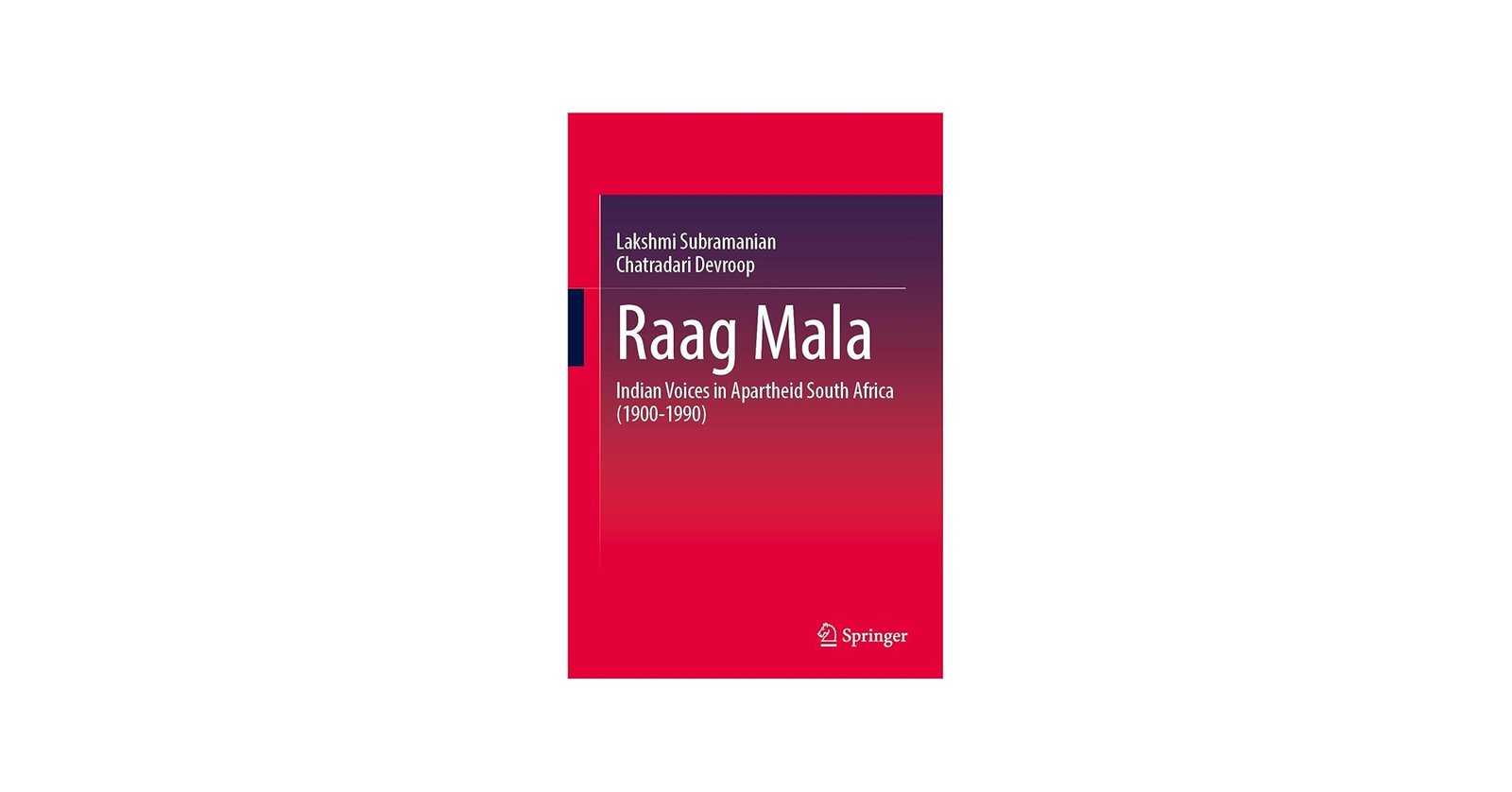Dated 4600 BCE, the historic find was buried within a grave at Wadi Al Debaian, one of country’s oldest Neolithic site.
the oldest known natural pearl bead in Qatar, corresponding to the earliest human settlements on the peninsula was discovered during the ourse of a local excavation mission led by Dr. Ferhan Sakal, Head of Excavation and Site Management at Qatar Museums, a report in The Peninsula, Qatar, says
Dated 4600 BCE, the historic find was enclosed within a grave at Wadi Al Debaian, one of country’s oldest Neolithic site.
“Our team has unearthed a find of considerable historic and sociological importance, pointing us to the first traceable origins of Qatar’s human settlements and their use of the locally-occurring pearl enclaves,” Faisal Abdulla Al Naimi, Director of Archaeology at Qatar Museums, said.
“With each remnant of Qatar’s past that comes to light, we gain a clearer understanding of and appreciation for our communal history and identity, which ultimately inform our aspirations for a sustainable future”, he added
The recently discovered grave points to the earliest known evidence of Qatar’s antique pearl diving industry, which over centuries formed the centre of trade and economic influx to the country.
Afew kilometres south of Al Zubarah on Qatar’s north-west coastline, Wadi Al Debaian has yielded several important archaeological finds over the years with pottery originating from the Ubaid period (ca. 6500 to 3800 BCE) of South Mesopotamia (modern Iraq), obsidian from Anatolia (modern Turkey) and further burial sites among the ancient remnants.
The recently discovered grave points to the earliest known evidence of Qatar’s antique pearl diving industry, which over centuries formed the centre of trade and economic influx to the country.
Wadi Al Debaian falls under Qatar Museums’ conservation and outreach scope. Qatar Museums aims to preserve and document Qatar’s heritage through the epochs, and to construct a link between modern communities and their past.
The Wadi Al Debaian Neolithic cemetery was excavated as part of the National Priority Research Programme “Human Populations and Demographics in Qatar from the Neolithic to the late Iron Age” led by Sidra Medicine and funded by the Qatar National Research Fund.
************************************************************************
Readers











